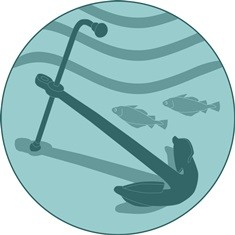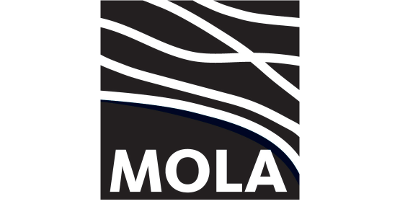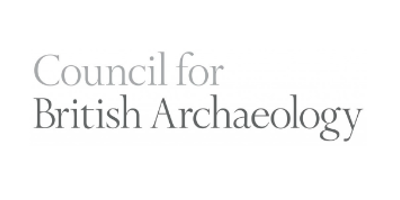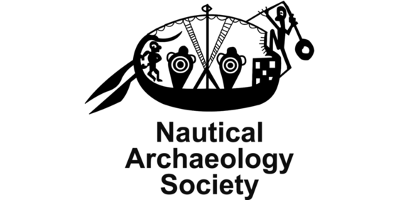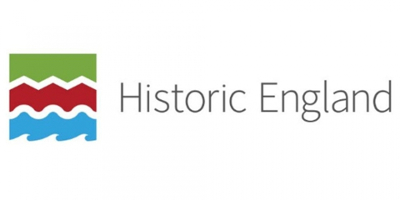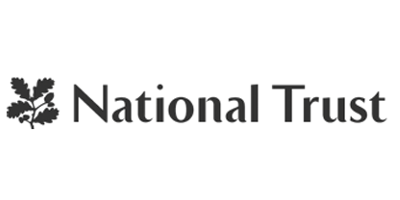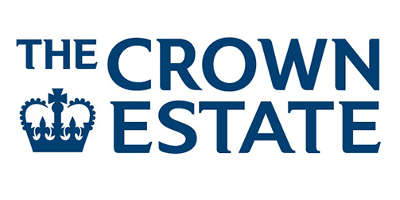Marine Antiquities Scheme explained
28/02/2017 | Marine Antiquities Scheme (MAS)
Every year unidentified and interesting objects are found by divers, fishermen, boat operators and visitors to our coasts. The Marine Antiquities Scheme (MAS) acts as a simple to use method of recording these finds from the Mean Low Water Level and wider marine environment. In so doing it enables individuals to carry out their obligations under the Merchant Shipping Act 1995 to report this material to the Receiver of Wreck by generating a Report of Wreck and Salvage form that the finder can send.
The MAS mirrors the highly successful Portable Antiquities Scheme (PAS) that collates information about archaeological finds made by members of the public on land and in the intertidal area. Since its initiation in 1997 over a million items have been recorded in the PAS database, from which a wealth of knowledge and research has been created. In turn, the MAS, which is funded by The Crown Estate, was developed with the assistance of the British Sub-Aqua Club, National Maritime Museum, Marine Management Organisation, Historic England, Nautical Archaeology Society and Receiver of Wreck.
Since the launch of the MAS in May 2016 nearly a hundred objects have been recorded using either the app or online form. The MAS is implemented by Wessex Archaeology, meaning that finders have access to a wide range of advice and expertise in the identification, conservation and storage of material through the recording process. The items are researched by Wessex Archaeology’s team of finds experts and the details are uploaded to the database to form part of the permanent record for the find. This information is available to be searched and downloaded from the website by members of the public along with the National Record of the Historic Environment and Historic Environment Record Offices.
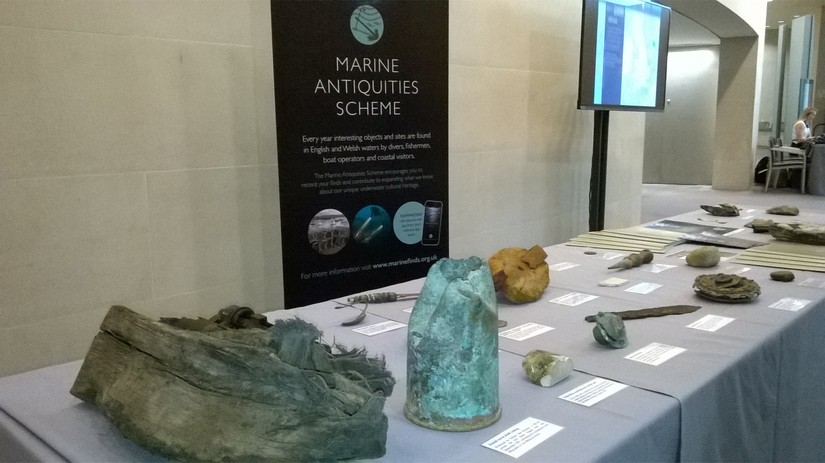
Finds have varied from the remains of an infantry landing craft, glass beads and clay pipes, tegula and samian ware, cast iron shot, Neolithic flints, a post-medieval costrel and a naval gun recovered in a trawl net by a Cornish fisherman, along with animal bones and teeth.
The recording process itself couldn’t be simpler using either the online recording form or the smartphone app, available for free for both Android and iOS devices. As the finder, you can locate, record and submit details of any finds attaching images, your location and a description. Once submitted you will receive a confirmation email, which will include the pre-populated Report of Wreck and Salvage form to be signed and sent to the Receiver of Wreck, if required. The Wessex Archaeology team will feed back the importance of your find, help identify it, give advice on storage and conservation along with advice on any relevant legislation.
By using the MAS, you are helping to characterise our historic environment and by allowing public access to the data you have contributed could in turn lead to further research and understanding of the marine historic environment and our interaction with it.
For more information, consult the Marine Antiquities Scheme website: https://marinefinds.org.uk/

